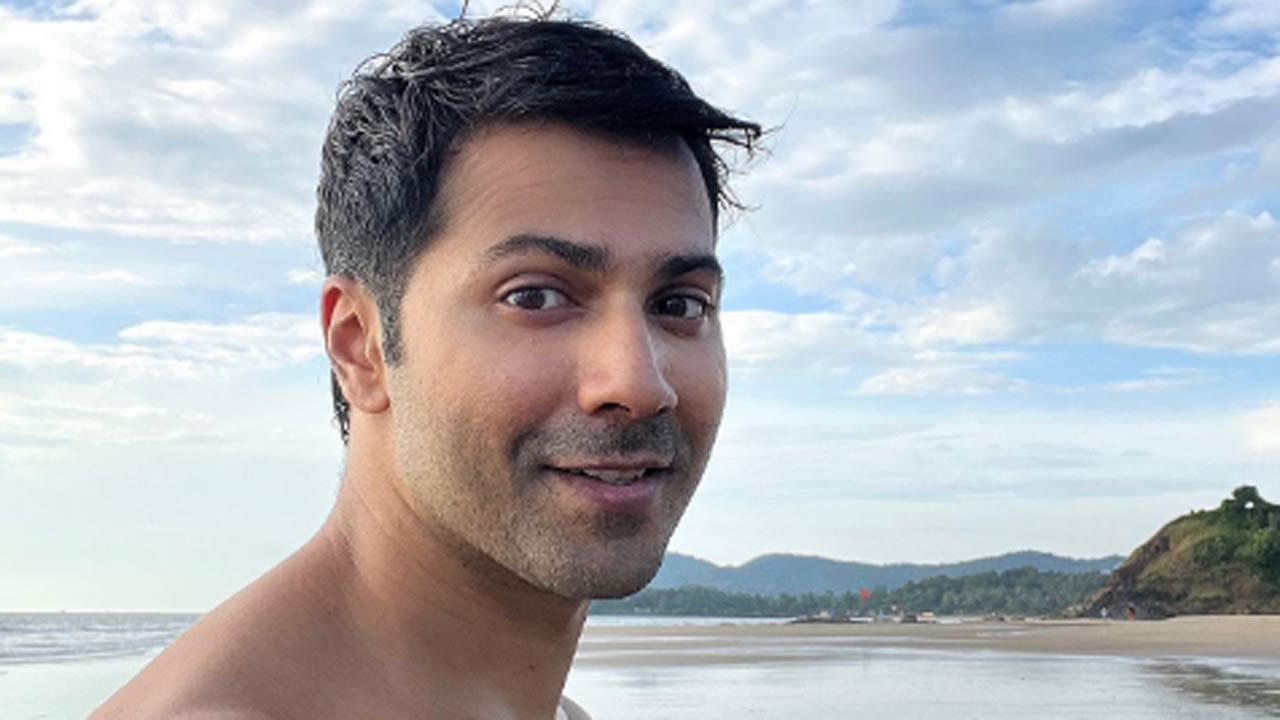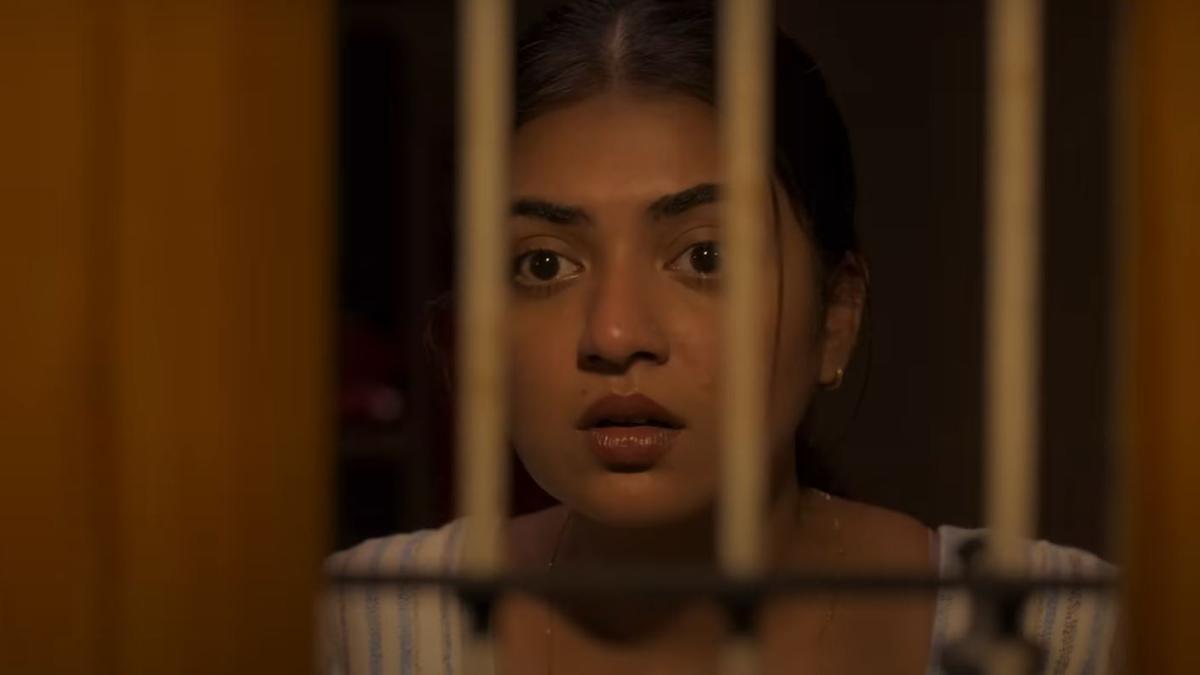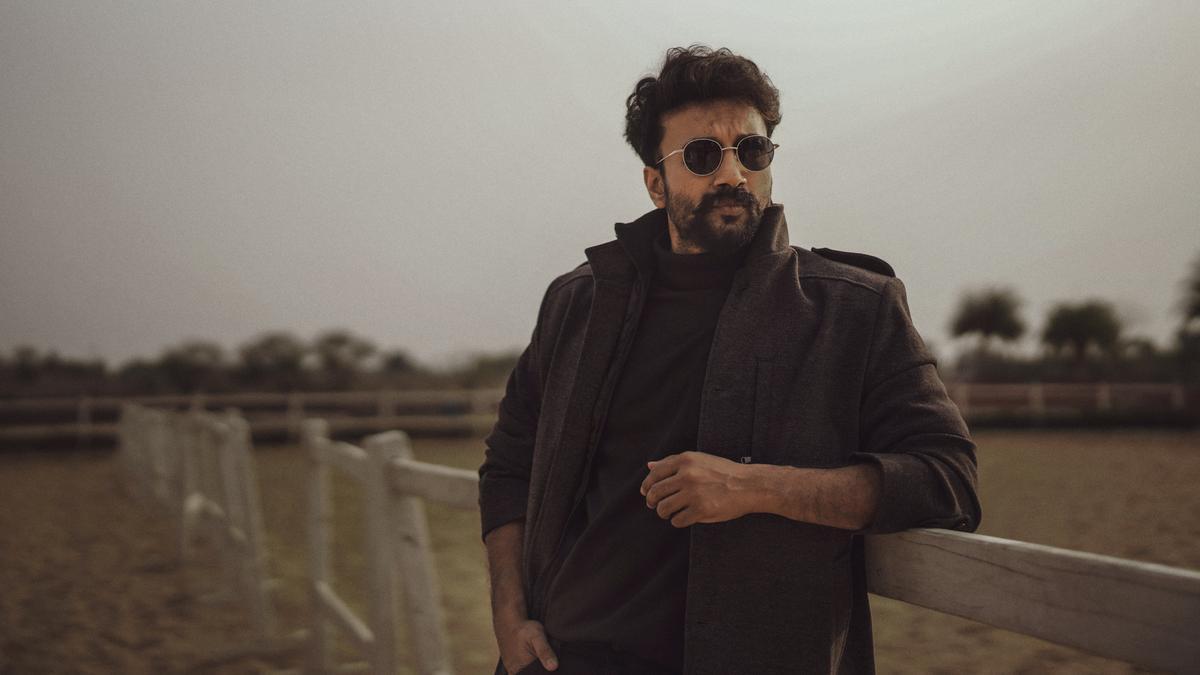
As Father’s Day approaches, it offers us a perfect opportunity to acknowledge and honor the integral role dads play in our lives. Coinciding with this celebration, several films beautifully depict the exceptional bond between fathers and daughters, presenting a fresh perspective on fatherhood. From Mahavir Singh Phogat in “Dangal” to Champak Bansal in “Angrezi Medium”, modern cinematic portrayals of fathers have disrupted traditional stereotypes and presented forward-thinking, progressive father figures.
One striking example is Amir Khan’s portrayal of Mahavir Singh Phogat in the sports drama “Dangal”. The film, which highlights the journey of Phogat’s daughters as they become world-class wrestlers, underscores his belief in gender equality. Famous for the dialogue, “Mhari chhoriyan choro se kam hai ke”, Phogat’s character strongly upholds that daughters are just as capable as sons, particularly in physically demanding fields like wrestling. Despite being perceived as a harsh and demanding trainer, Mahavir Singh Phogat fervently supported his daughters’ aspirations, battling societal norms that often undermine women’s capabilities in sports.
Similarly, Amitabh Bachchan’s character Bhashkor Banerjee in “Piku” presents a liberal, open-minded viewpoint on many issues, including marriage, sex, and love. The relationship depicted in “Piku” is refreshingly unconventional. Bhashkor’s day begins and ends with his daughter, Piku, played by Deepika Padukone. Despite his quirky, childish behavior, Bhashkor never pressures Piku about traditional expectations such as marriage. Instead, he proudly embraces his daughter’s independence and strength, encouraging her in every choice she makes, providing a template of a supportive, understanding father in film.
From the film “Thappad”, we witness another example of an unconventional father figure in Sachin Sandhu, played by Kumud Mishra. His character is a model of unwavering support for his daughter amidst challenging circumstances.
. When his daughter, Taapsee Pannu, decides to end her marriage and file for divorce while pregnant, Sachin remains her pillar of strength despite opposition from other family members. His support contrasts starkly with the more conservative viewpoints of others who believe in the necessity of sacrificing one’s own happiness for the sake of a successful marriage. Recognizing the sacrifices his wife made, Sachin is resolute that his daughter should forge her own path free from societal pressures.
Pankaj Tripathi’s portrayal of Narottam Mishra in “Bareilly Ki Barfi” breaks the mold of typical father figures in smaller towns. His character is funny, practical, and shares an exceptionally close bond with his daughter, Bitti, played by Kriti Sanon. In an environment where conservative norms often prevail, Narottam’s progressive attitude is refreshing. He supports Bitti’s choices, including her autonomy in selecting her life partner, making him one of the coolest and most relatable father characters in recent cinema.
Finally, a discussion of modern cinematic fathers would be incomplete without mentioning Champak Bansal from “Angrezi Medium”, played by the late Irrfan Khan. Champak embodies a forward-thinking father who prioritizes his daughter’s dreams above all else, even in the face of financial constraints. His character’s unwavering support for his daughter, portrayed by Radhika Madan, as she pursues her education abroad, highlights a father’s selfless love and dedication. Champak Bansal’s character goes to great lengths to ensure his daughter’s aspirations are not hindered, reflecting the profound sacrifices fathers make in real life.
As Father’s Day is observed on the third Sunday of June, falling this year on June 16, let these on-screen dads serve as inspirations. They not only entertain but also challenge us to reconsider and reshape traditional ideologies surrounding fatherhood. These films remind us of the value of a supportive, understanding, and progressive father figure, encouraging us to celebrate and appreciate the fathers in our lives who continually break stereotypes and champion their children’s dreams.










